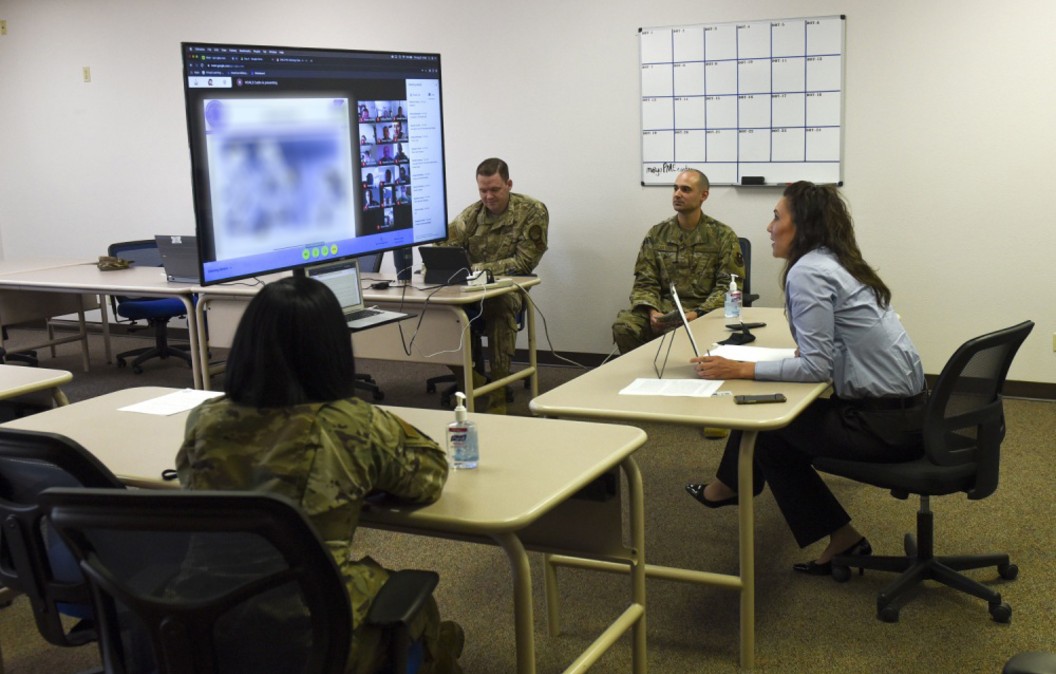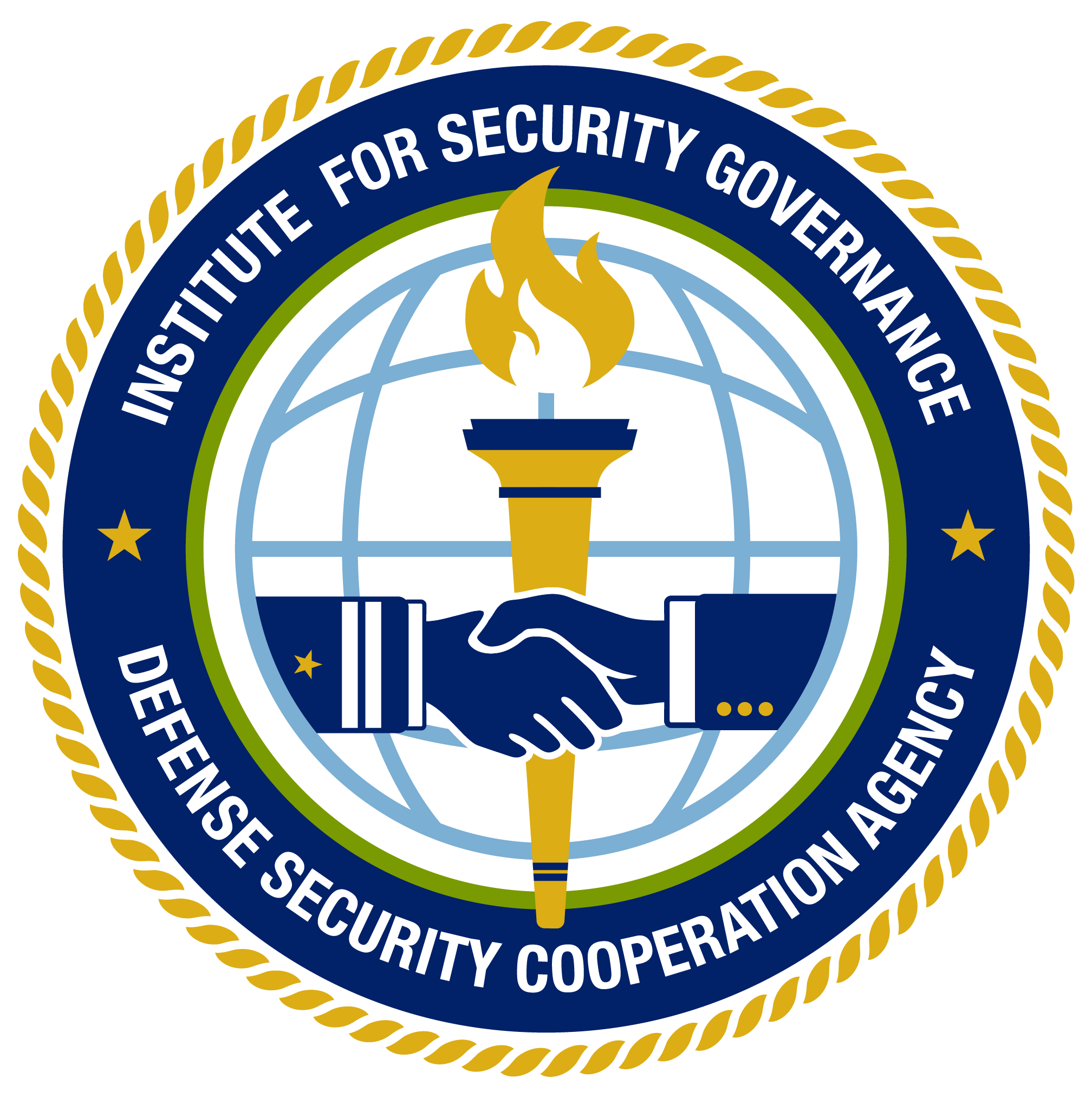A&C’s Successful Transition to Virtual Engagements - Defense Security Cooperation University

2021: Quarter 2 - Mar 30, 2021
A&C’s Successful Transition to Virtual Engagements
By ISG Staff
The novel coronavirus disease (COVID-19) caught us all by surprise, but ISG’s Advising & Consulting (A&C) team adapted quickly. After realizing that the COVID-19 environment would interrupt in-person engagements for an unspecified amount of time, the team transitioned to virtual engagements almost immediately upon the onset of the pandemic and the corresponding travel restrictions. The A&C team held their first virtual sessions with Guatemala on 04 March 2020 (prior to the USG declaring COVID-19 a pandemic).
Michael Knutson, Western Hemisphere Regional Program Lead (RPL) in the A&C Division at ISG, says the motivation for the transition to virtual stemmed from concerns that institutional capacity building (ICB) efforts would suffer setbacks from a lack of in-country engagements due to COVID-19 travel restrictions.
[Of] all the US security cooperation programs in Guatemala, ICB suffered the least disruption amid the COVID-19 pandemic. This achievement was the result of ISG's rapid and effective ability to transition and adapt its efforts to the new virtual reality.
The transition was not undertaken lightly. The team coordinated with officials at the Office of Security Cooperation in Guatemala and the Guatemalan Ministry of Defense to explore the host nation’s ability and desire to conduct virtual engagements. The ISG team wanted to ensure that the ICB virtual outreach was mutually desired, and would not overwhelm the Ministry of Defense, given that the Guatemalan Armed Forces were responding to their own state of emergency brought on by COVID-19. The Ministry of Defense officials quickly agreed to trial outreach by virtual means with ISG, and initial sessions proved that virtual engagements were possible.
Virtual sessions provided the A&C team and the Guatemalan ICB working groups a medium to continue working relations, keep the program alive, and make progress towards program objectives. As expected, there were obstacles to getting the process up and running, including the inability to have informal, impromptu, one-on-one contact discussions; working out the interpretation process in a virtual medium; and the postponement of sessions due to COVID-19 and the demands on the Guatemalan Armed Forces. But there were successes, too– Security Cooperation Officer (SCO) MAJ Luis Riverafonseca remarked that, “of all the US security cooperation programs in Guatemala, ICB suffered the least disruption amid the COVID-19 pandemic. This achievement was the result of ISG's rapid and effective ability to transition and adapt its efforts to the new virtual reality.” In fact, MAJ Riverafonseca believes that, “a few years from now, when the progress and achievements of ICB efforts in Guatemala are summarized, the COVID-19 era will be summed up as a period of continuity instead of a time of disruption."
[A] few years from now, when the progress and achievements of ICB efforts in Guatemala are summarized, the COVID-19 era will be summed up as a period of continuity instead of a time of disruption.
The A&C team plans to continue virtual engagements until they can resume in-country engagements, but recognize that, having laid the groundwork for virtual, an opportunity has been created to possibly employ a hybrid model in the future to ensure inter-engagement progress towards program objectives continues while the ISG team is out of country. Knutson would advise others who are hopeful to transition to virtual or hybrid modalities to maintain a large degree of flexibility in adapting to unexpected schedule changes, and to be open to holding shorter virtual sessions to keep everyone’s attention and respond to the challenges of a task-saturated audience.
The Guatemalans should also be congratulated for displaying such a strong will and desire to continue these virtual sessions and work to strengthen their institutional processes. This virtual outreach would have been impossible without their proactive, can-do attitudes. The Guatemala example is one of many A&C programs that transitioned to a virtual means. The success of this transition exemplifies ISG’s ability to maintain services in unprecedented and challenging environments. Given its success, virtual outreach will continue, and likely expand, as we transition out of the COVID era.

